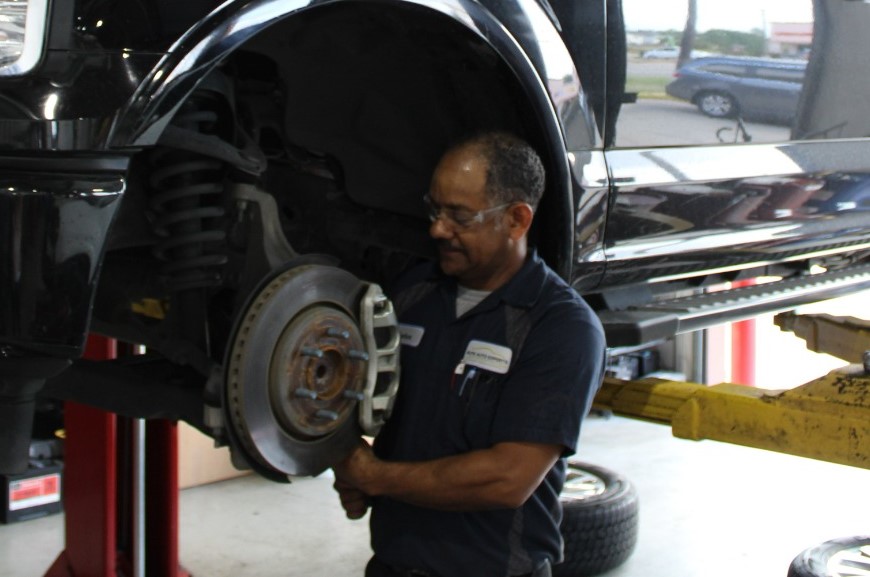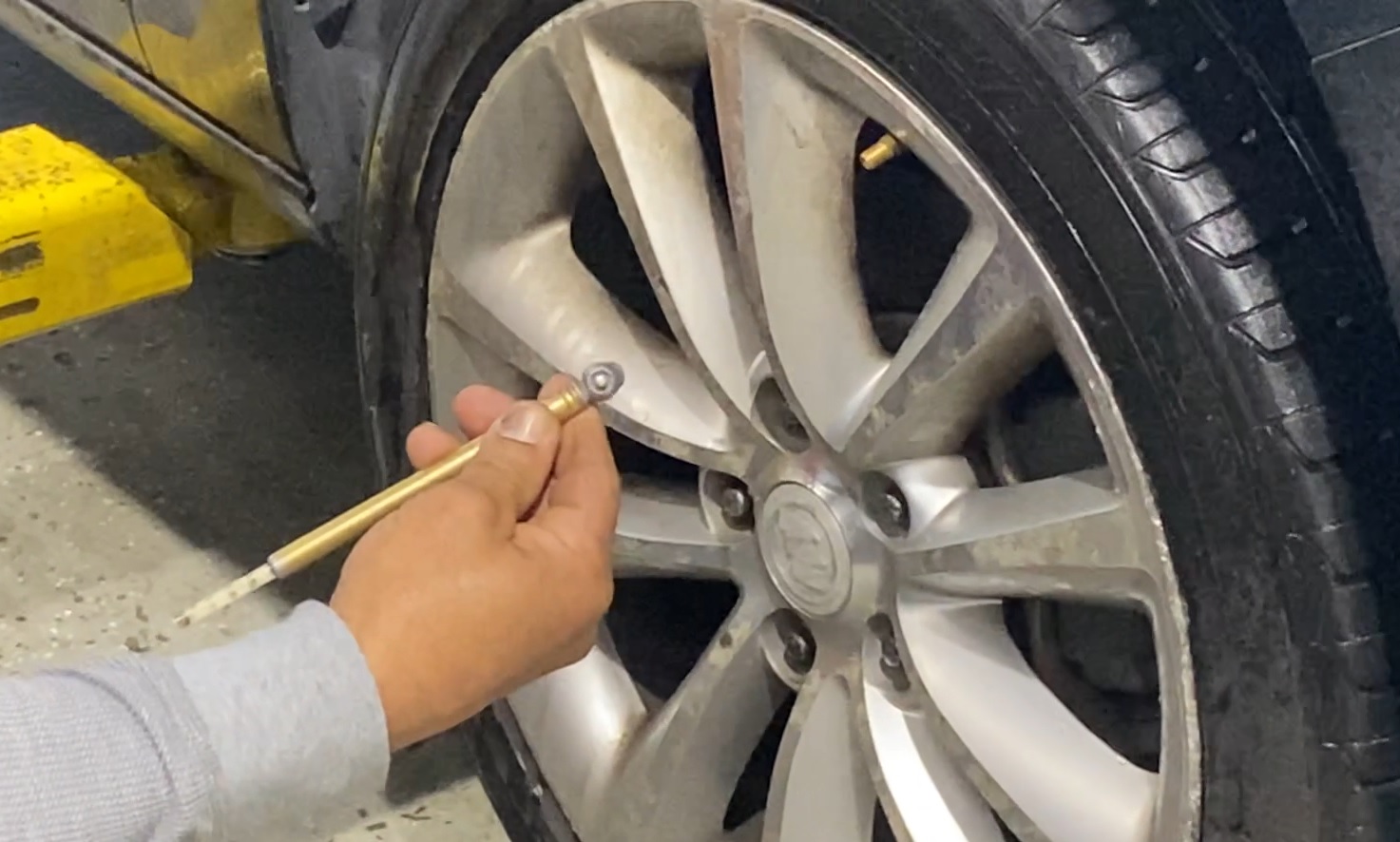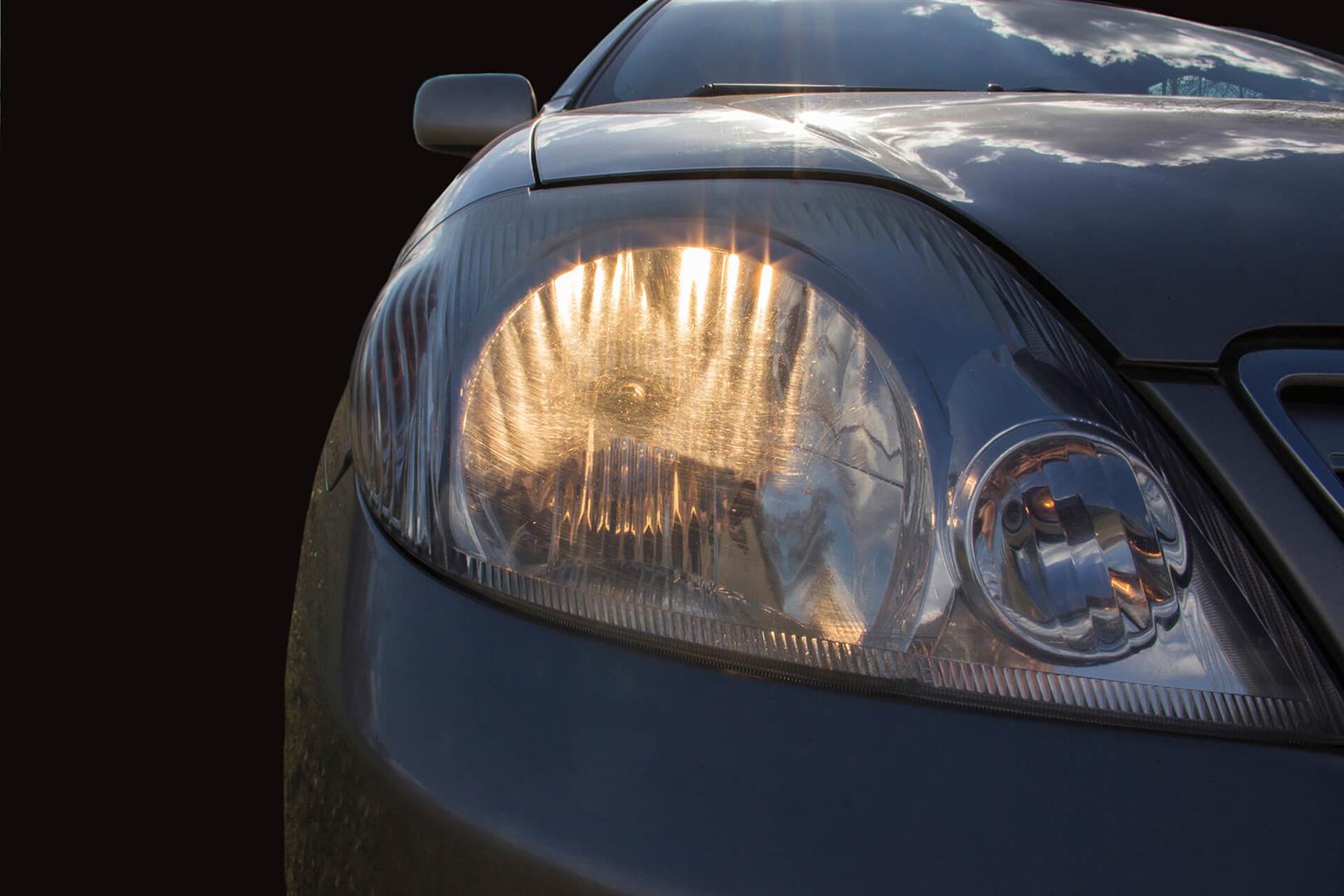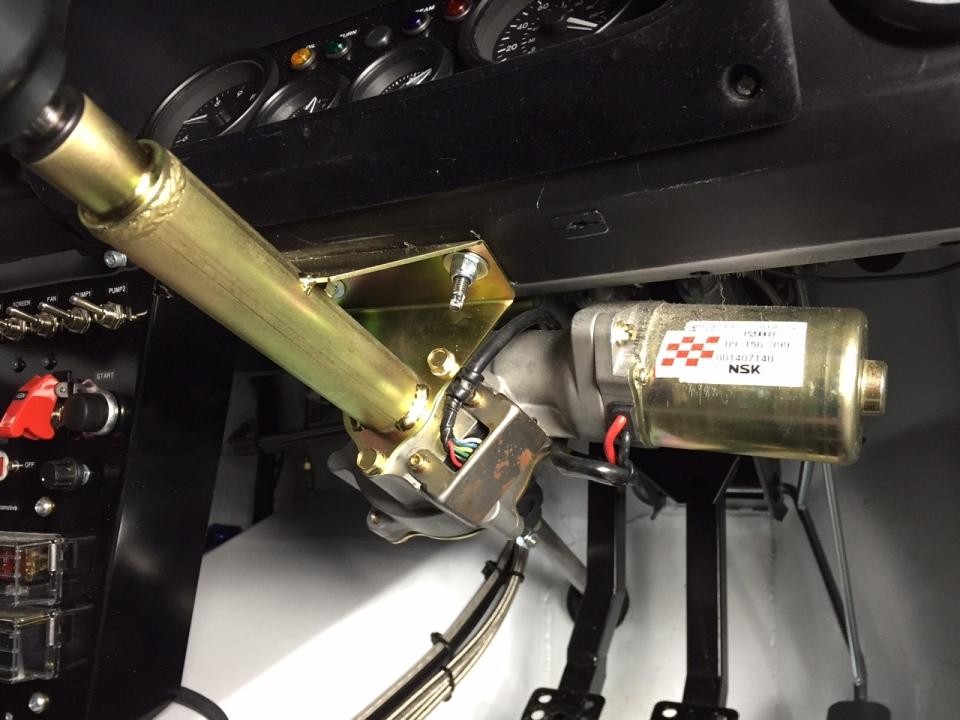Posted on 1/30/2023

Different components work together and create the friction necessary to stop your car safely and quickly. As these parts wear down from use over time, they become less effective at stopping. These parts include Brake lines. Most cars have a hydraulic system pressure. This system uses brake fluid to apply pressure onto your brake calipers when pressing the brake pedal. Brake pads. This is a component of the disc brakes made from different metals with friction material attached to the surface, the brake pads work by pressing against the rotor and creating the friction necessary to slow and stop the car. Rotors. They are bowl-shaped and attached to the wheel. When you step on your brake pedal, your vehicle's brake pads are compressed against the rotor creating friction. Calipers. The brake caliper houses your car's brake pads and pistons. They squeeze the brake pads against the rotors to slow and stop the car. Signs your brakes and rotors need replaci ... read more
Posted on 1/25/2023

Did you know that your tires can lose air pressure without you even noticing? You could be cutting down on your car's performance If you're not checking your tire pressure regularly. Check the pressure every two to four weeks, and always before traveling or if you're carrying additional loads. Tires without the right amount of pressure in them tend to wear out faster. Could also lead to collisions, crashes, and a general loss of control over your vehicle. There are several reasons you need to check the pressure in your tires. Some of the most important are: Optimize tire performance and fuel economy Enhance durability and performance Bypass sidewall flexing and tire squirm Evade heat and rolling hazards Responsiveness, traction, and handling Checking your air pressure is easy; all you need is a tire gauge. When you close the valve of the tire, the gauge will display the Pounds per Square Inch (PSI). The proper PSI is usually slightly different f ... read more
Posted on 1/17/2023

Headlights are an essential component of your car. As it helps you see outside it also helps alert other drivers of your presence on the road. If your headlights seem dim, there may be an underlying problem that needs to be corrected. Below are 5 reasons why your headlight might be dim. 1. Bad Bulb: A bad bulb is the first cause of a dim headlight to be considered. Headlights don’t blow out, they dim over time, and rarely do both headlights dim at the same rate. 2. Bad Alternator: A common explanation for faint lights in your vehicle is a weak alternator. A damaged alternator will only cause the lights to dim or flicker when the car is on. This is because the alternator charges the battery, and if it stops charging while driving, the battery will drain. If you notice that the lights brighten and dim as the engine revs up and down, the alternator should be checked immediately. 3. Bad Ground: A bad ground can result in lower than required voltage being delivered to your ... read more
Posted on 1/10/2023

Power steering allows the driver to steer the car without applying a lot of force, some vehicles use hydraulic power, and others use electric motors. An electric power steering system deals with sensors and electronic control units, so it needs calibration and programming. After the physical inspection of the electric power steering system, the auto repair shop needs to implement a new diagnosis process including using the scan tool and troubleshooting the electrical components for the power steering system. Symptoms for electric power steering failure: Vibration and pulsation when turning the steering wheel. EPS Warning lights are on. Hard to steer left or right. Whining noise coming from the power steering motor. Vehicle pulling in one direction. Causes for electric power steering failure: Damage to electronic power steering control unit. Bad sensors like steering angle sensors and vehicle speed sensors. Failing electric motor. The system needs calibration ... read more